BFCM Conversion Tactics: Smart Bundles, Flash Sales & Scarcity Marketing
Reading Time: 13 minutesStill approaching BFCM with generic discounts, last-minute price cuts, or scattered promotions?…
Omnichannel vs multichannel, the best between the two retail models is still shrouded with mystery. The reasons responsible for the rise of misunderstanding between the real meaning of multichannel and omnichannel can be multiple.
We will ponder about both retail strategies at an in-depth level to be knowledgeable enough to shed light on why having a crystal clear view on omnichannel vs multichannel is vital and which is best suited for your business expansion.
The multichannel retail in simplest terms can be understood as offering customers options to engage with brands over the channel of their choice
Multichannel allows businesses to maximize their growth potential by targeting shoppers over multiple platforms. These channels include email, social media, online stores, marketplaces and more.
Hence, Merchants won’t miss on selling opportunities beyond their websites. As a result, significant increase in sales figures within a short span of time.
Did You Know, A Whopping 90% customer retention rate is easily achievable with a multi-channel approach in comparison to single-channel approach.
The advent of the digital age has made customers more ambitious than before. They aspire for a high degree of convenience during online shopping.
Omnichannel business model is a popular retail strategy owing to the flexibility it provides that benefits customers and merchants alike. Basically, it allows shoppers to use more than one channel to complete their shopping journey.
As a result, customers have the freedom to choose their preferred methods and make shopping a seamless affair. No wonder, thus omnichannel emerged to be an ideal approach to better engage with millennials and gen-z shoppers.
Hence, it can be derived that this model is based on centralized data management.
The Omnichannel Approach
The Multichannel Approach
Give It For Free of Cost, But Not For Free
Starbuck offered customers free wi-fi at their outlets upon registering for it with email id.
Received tons of email addresses of potential customers. They also added 10 million customers in their digital customer database.
Mobile optimization is vital to deliver an impeccable multichannel shopping experience for more than one strong reason. It helps you ensure customers can interact with your brand from anywhere.
Moreover, irrespective of geo-location, the majority of customers prefer smartphones at different phases during shopping for a real multichannel experience.
A well optimized site for mobile devices is your gateway to capture 82% mobile users who want product, price, shipping and checkout info to decide either to purchase or not.
Hence, ignoring mobile optimization will weaken your efforts towards enabling true multichannel experience.
The Checklist Enabling Excellent Shopping Experience on Customer’s Prefered Shopping Channel
The real crux of multichannel lies in supporting your customers everywhere. Actively responding to customers over facebook but not sharing stories over instagram garners a negative brand image.
Website or social media both must be well optimized for catering to a global audience. Therefore, inculcating below strategies will help to gain trust in less time and ensure solid omnichannel experience.
The language, content, and review must align with local preference. I mean an italian would love to see reviews by fellow italians more than by any one else.
Instagram reels shared by local influencers can bring comparatively better engagement than a global influencer.
Optimize Your CTA
All forms of engaging content ends with good CTA. Ensure you have enabled an effective CTA that is device and platform appropriate. The purpose of CTA is to make the shopper feel he completed his task.
| Content Type | Apt CTA |
| Social Media Ad | Mobile Website |
| Schedule meeting button |
Your customers can be on any channel during their shopping journey. Therefore, a highly skilled customer support team capable of catering 24/7 will serve as backbone towards enabling successful omnichannel experience.
Now deploying multiple resources will better position your brand to deliver consistent experience over different touchpoints. But, a limited budget can be an obstacle and limit your potential.
But, it is wise to primarily focus on channels with better chances of high ROI. As a result, your strategy can still fetch you the lion’s share.
It is no brainer selling on different channels means inventory management goes complex. Hence, with the rise of sales your business requires a centralized dashboard to avoid underselling and overselling.
Benefits of inventory management solution for omnichannel retail
Fragmentation of customers based on shopping behavior (specially past shopping trends) and other factors is helpful to fine tune your omnichannel strategy. Hence, you are in the position to offer personalized recommendations.
Using these insights it gets easy to know about price sensitive customers and personalize upcoming offers to target them.
Customer data is capable of positively impacting business ROI in the long run. Higher the volume of data better you can plan your next engagement move.
Hopefully, these tips will help you discover the best touchpoint in terms of lead generations and those are underperforming.
Expansion to new channels is critical to drive customer loyalty in less time. Moreover, it adds value to the customer journey by making it a more integrated experience.
Moreover, it diversifies your selling channels and an added advantage is the opportunity to deliver a consistent shopping experience. A game changing move for impeccable customer experience.
Plethora of benefits that result from multichannel retail methods makes it too lucrative to be ignored by the merchants. Moreover, more than 60% of customers interacting with brands over ten or more channels tend to purchase a product every week.
Now, this statistics is inspiring enough to try multichannel selling with high hopes for increased revenue.
Customer shopping expectations in the world of instant gratification are evolving fast. As a result, shoppers are expecting brands to be everywhere.
Hence, the best solution is making your online store available at multiple avenues with an omnichannel and multichannel approach is always a good idea to be super responsive towards customer needs
Also, it can be concluded omnichannel and multichannel methodologies allow merchants to ease the shopping journey by connecting the dots and blurring the gap between digital and physical presence well before competitors who miss on implementing omnichannel and multichannel approaches.
Moreover, you get the opportunity to put your brand on top of the customer’s mind.
The business dynamics in recent years have been shaped strongly by customers’ likes, dislikes, and emerging needs. Therefore, creating a cohesive ecosystem for customer journey gets easier by unifying the potential of multichannel and omnichannel.
As a result, merchants will position their brand to target buyers at the best time, win customer trust, and have an edge while scaling the business to the next level.
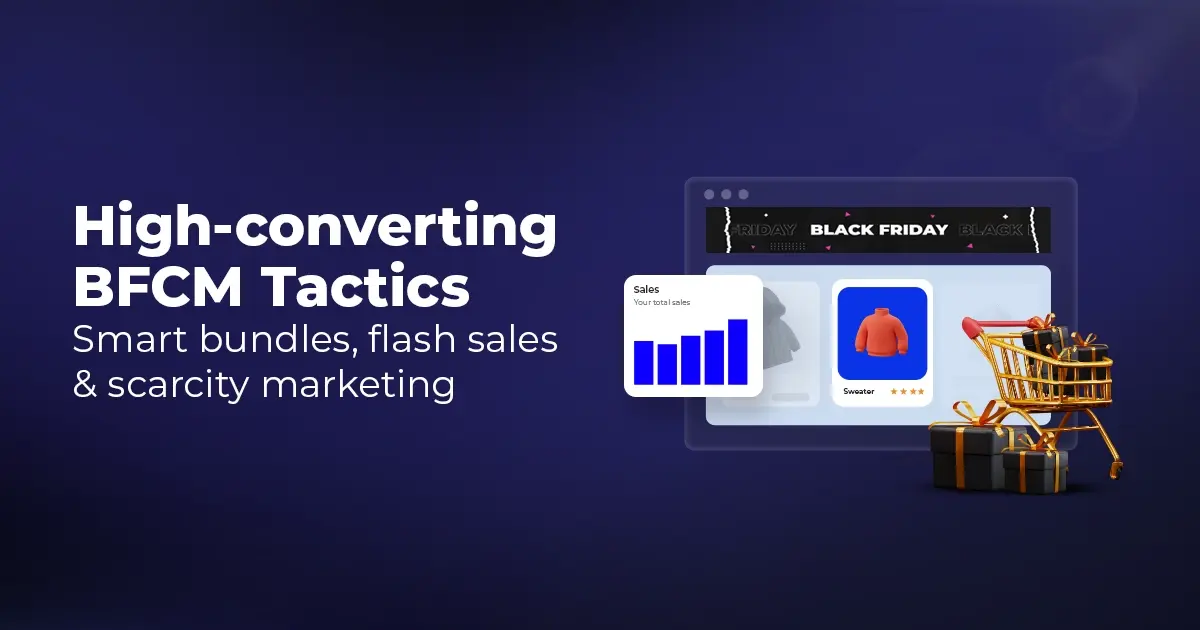
Reading Time: 13 minutesStill approaching BFCM with generic discounts, last-minute price cuts, or scattered promotions?…
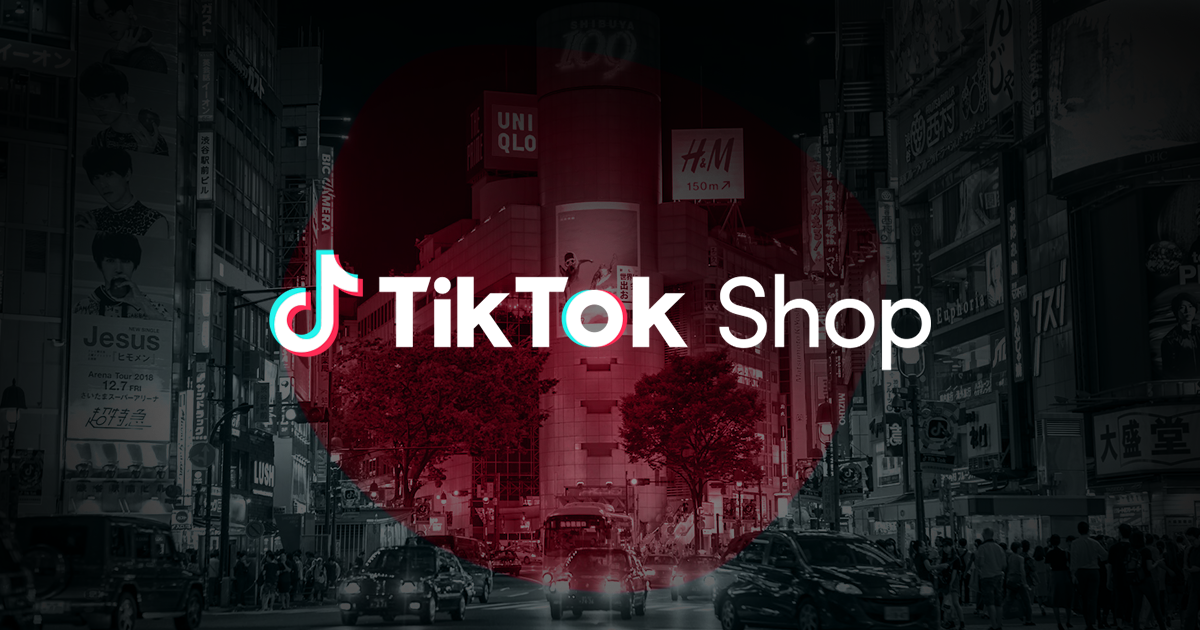
Reading Time: 3 minutesTikTok Shop reached a major milestone during its largest U.S. “Global Black…

Reading Time: 3 minutesOpenAI has announced a new AI-powered shopping research tool designed to help…
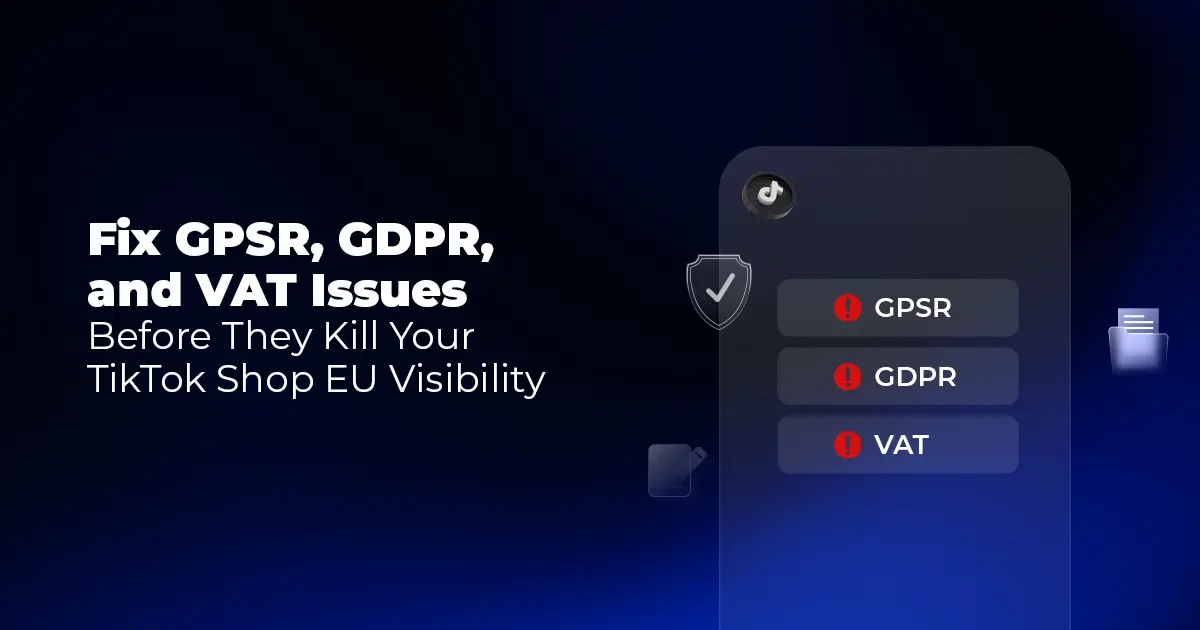
Reading Time: 9 minutesIf your TikTok Shop listings often sit in review or your visibility…
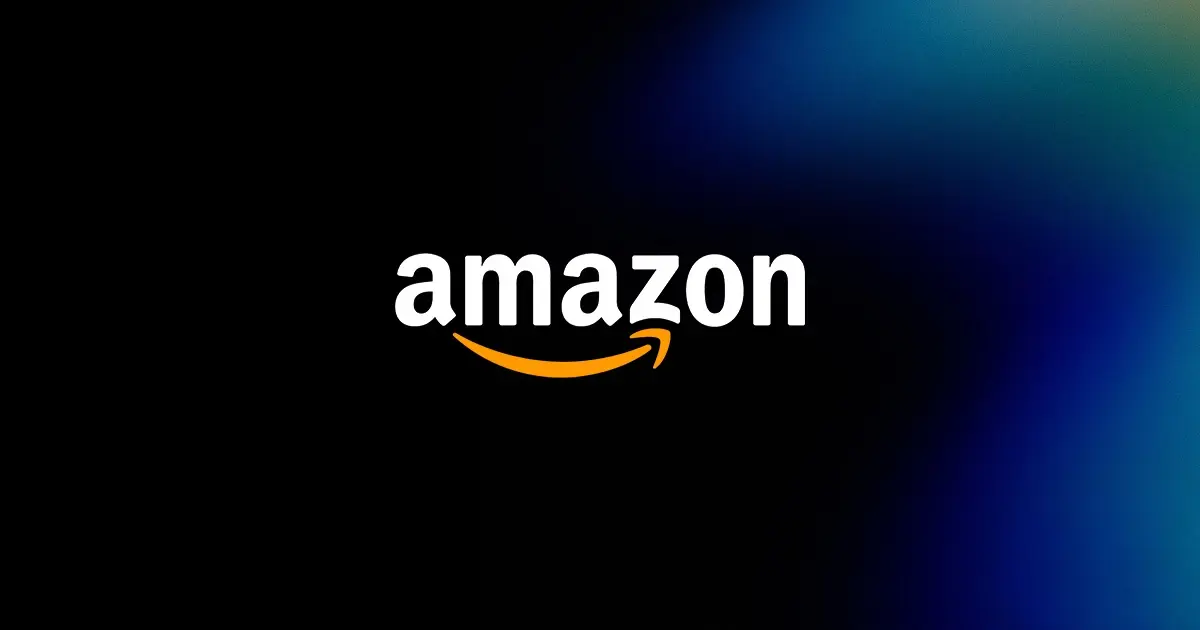
Reading Time: 3 minutesAmazon has rolled out a new “Seller Challenge” feature for eligible Account…

Reading Time: 3 minutesWalmart Marketplace has sharpened its requirements around product classification (category, type group,…

Reading Time: 3 minutesJust ahead of Black Friday, Amazon is enforcing tighter controls on its…

Reading Time: 11 minutesWhere holiday prep of past years focused on legacy channels like Amazon,…
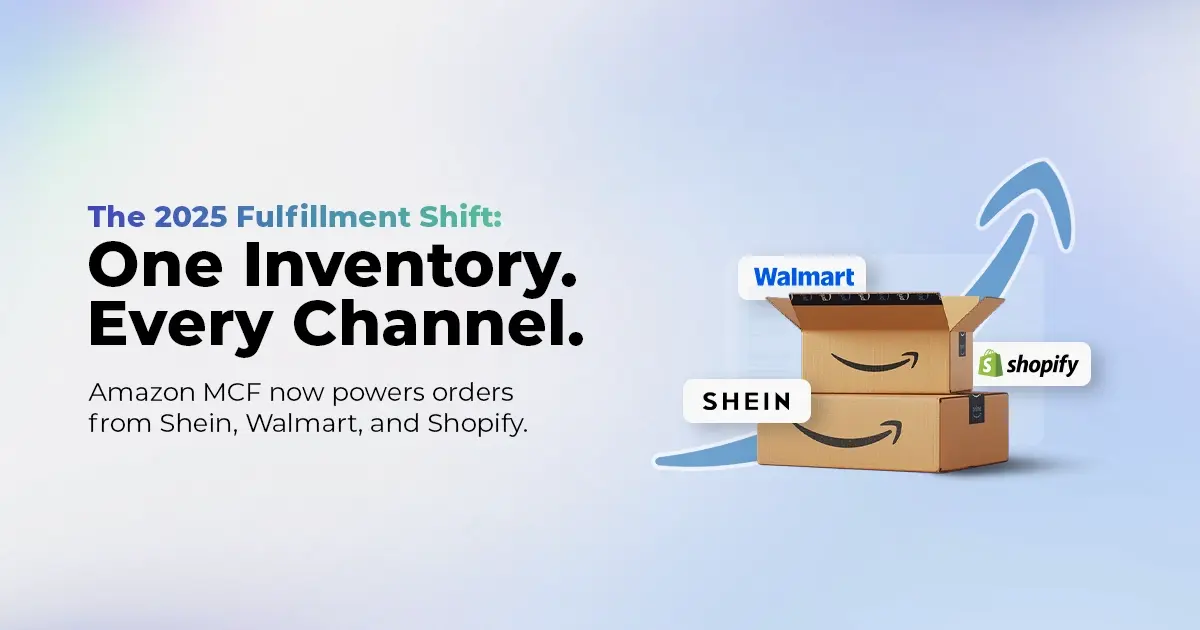
Reading Time: 11 minutesThe eCommerce shift you actually need to act on Multi-channel fulfillment has…
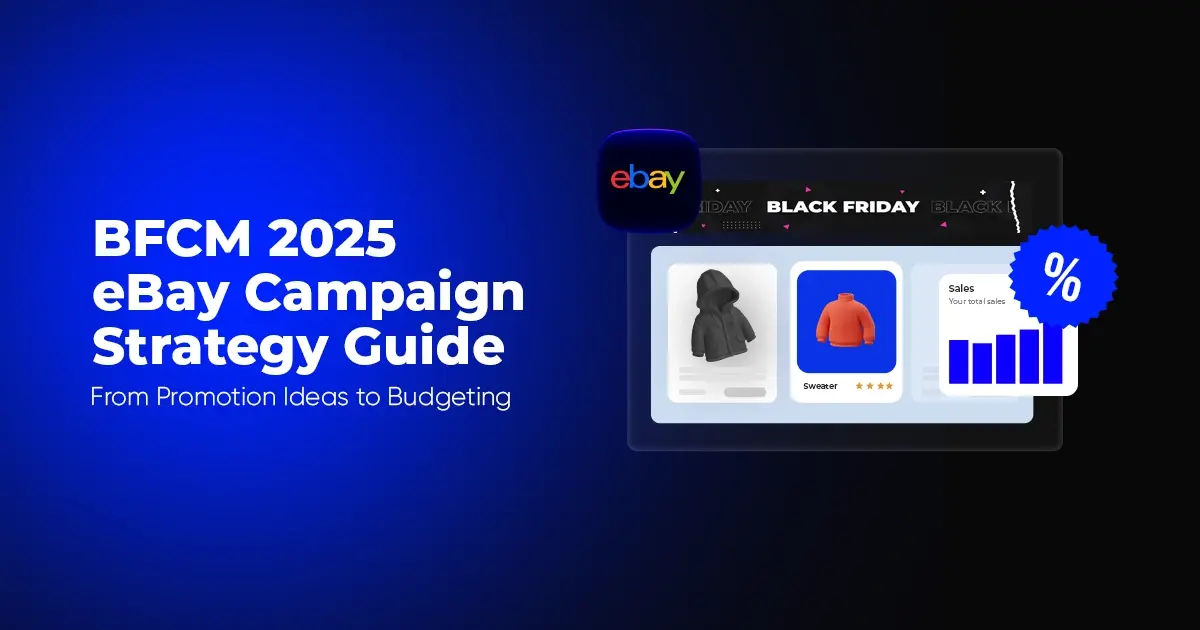
Reading Time: 10 minutesBlack Friday Cyber Monday (BFCM) isn’t a weekend anymore; it’s a two-month…

Reading Time: 2 minuteseBay is quietly testing a new feature that could reshape how buyers…

Reading Time: 2 minutesAmazon is stepping into a new era of value commerce with the…

Reading Time: 11 minutesThe $240 Billion BFCM Opportunity & Why Operations Matter Every seller, business,…

Reading Time: 7 minutesTL;DR — Your 60-Second BFCM Battle Plan Time remaining: 3 weeks until…

Reading Time: 2 minutesChina’s Double 11 shopping festival — the world’s largest annual online retail…

Reading Time: 2 minutesAs the holiday season approaches, TikTok Shop has released its September 2025…

Reading Time: 3 minutesIn a continued effort to enable sellers and stimulate new product launches…

Reading Time: 2 minutesAs global trade enters a new phase of regulation and cost restructuring,…

Reading Time: 2 minutesOpenAI Turns to Amazon Web Services in $38 Billion Cloud Deal: What…

Reading Time: 4 minutesAbout the Client TMRG is a global health and wellness brand with…